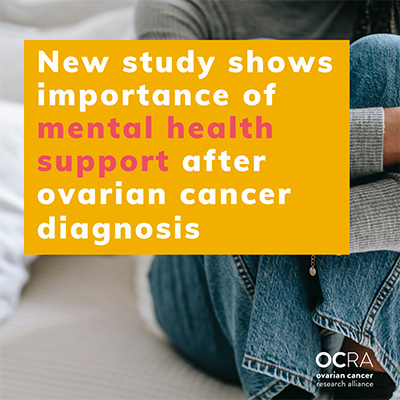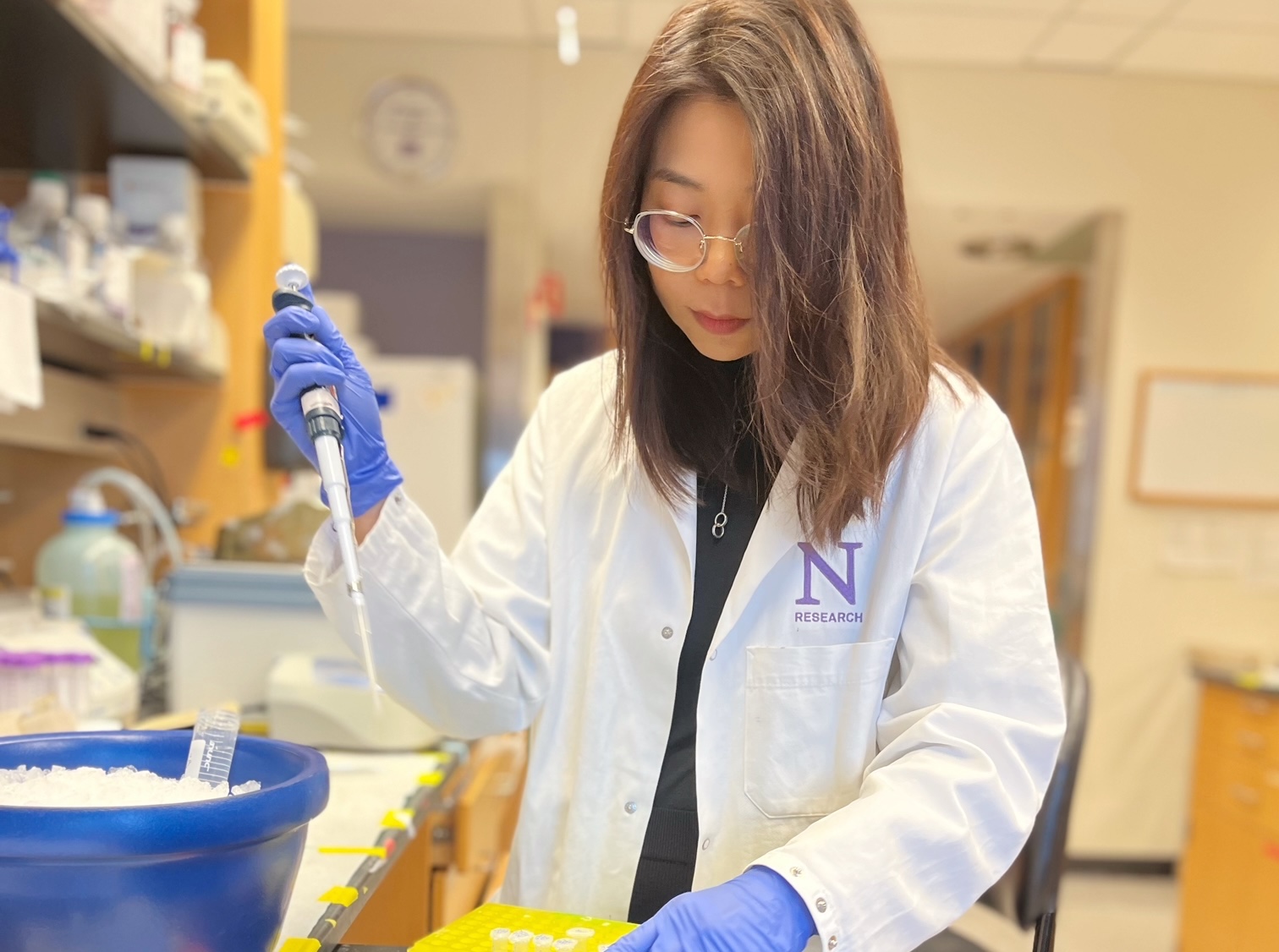
Researchers at the University of Utah and Huntsman Cancer Institute found that an ovarian cancer diagnosis took a much higher mental toll on patients and survivors than initially expected at the start of the study, thus underscoring the critical need for programs that provide psychological and emotional support for people living with this disease.
“Mental health issues are important for cancer patients as they face major disruptions to their lives and deal with the toxic side effects of cancer treatment,” said the study’s lead author, Siqi Hu, a PhD candidate in the Department of Family and Preventive Medicine at the University of Utah and Huntsman Cancer Institute. “However, the risks [for ovarian cancer patients] were far higher and persisted over a longer time period than we expected,” she said.
Risk for mental health disorders is higher after an ovarian cancer diagnosis
Hu and her team discovered that ovarian cancer patients were more than three times more likely than the general public to be diagnosed with mental health disorders in the first two years after their diagnosis. During those first couple of years, depression, anxiety disorder and adjustment disorder all posed a risk that was three times higher than for people who did not have ovarian cancer.
To conduct the study, researchers used the Utah Cancer Registry to find 1,689 ovarian cancer patients diagnosed between 1996 and 2012 and match them with 7,038 women without cancer. Electronic health records enabled them to identify mental health diagnoses and exclude those that were given before the patients were found to have ovarian cancer.
These findings, which were presented at the virtual AACR Annual Meeting 2021, highlight the need for support services that address not just the physical toll of ovarian cancer, but also the psychological and emotional impact of the disease on patients and survivors.
“It is important to be aware that mental health may change over the course of diagnosis and treatment,” said Hu. “Increased support may contribute to prolonging the lives of ovarian cancer survivors.”
Supporting survivors and patients is a cornerstone of OCRA’s mission. Whether 1:1 counseling, joining a support group or connecting with a peer mentor, these types of services can improve one’s emotional and physical wellbeing. We offer the following programs to help people navigate a diagnosis, whether ovarian or another gynecologic cancer.
Ovarian cancer patient support programs
OCRA’s Woman to Woman is a unique support program that pairs gynecologic cancer patients with trained survivor volunteers who provide one-on-one emotional support and mentoring to help them cope with a diagnosis. Volunteers are carefully matched to new patients based on cancer type, age, language and culture, patient preferences, as well as other relevant factors. They are professionally trained and supervised by a coordinator who also oversees the program. Find out more about OCRA’s Woman to Woman.
OCRA’s “Staying Connected” Online Support Group Series is also open to all gynecologic cancer patients and survivors. These virtual support discussions are facilitated by our Patient Support team and are grouped around different topics, such as new diagnosis and advance care planning. Learn more and register for Staying Connected online support group.
Please do not hesitate to reach out to OCRA for support. We are here for you.


